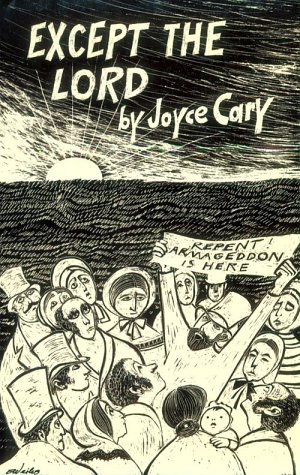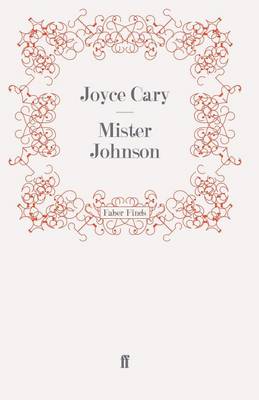Heritage of Literature S.
2 total works
"Except the Lord" is the second novel in the second trilogy, or triptych to use Cary's preferred term. In his own words: 'In this second book we see where (Nimmo's) ideals took form. We are given his childhood as a poor boy, son of a horseman on a farm ...Left-wing ideas are truly called radical. They have very deep roots in Protestant religion. The book, therefore, is not about politics, it is about a child's reaction to poverty and social injustice, and the effect upon that reaction of a religious education. That is, it is a study of character, and so of that region of feeling and idea in which politics have their beginning and achieve their ends'. The literary critic, Walter Allen, wrote in his Reader's report for the original publisher, Michael Joseph, that 'within the limits' Cary had set himself, "Except the Lord" was 'completely successful and a very fine novel with several memorable characters of a dignity moving because of the austerity with which they are presented'. "Except the Lord" recounts in autobiographical form the early life of Chester Nimmo (based on Lloyd George) who became a great Radical leader in Edwardian days.
A temporary clerk, still on probation, Mr Johnson has been in Fada, Nigeria, for six months and is already much in debt. Undaunted, he entertains on the grandest scale, with drums and smuggled gin. Not only that, he intends to pay a small fortune for his wife ...First published in 1939, "Mister Johnson" marked the end of Joyce Cary's series of Nigerian-based novels, derived from his own days in the Nigerian Colonial Service (1913-1919). William Boyd has described the novel as, 'A wonderfully evocative portrait of a bygone colonial life ...Mr Johnson, in short, is a great literary creation; he can safely take his place beside any of the enduring characters world literature has presented us with: from Falstaff to Zeno, from Candide to Humbert Humbert.' So great is his admiration for this novel William Boyd has provided this additional quote for the Faber Finds edition. '"Mister Johnson" is one of the truly great and enduring novels of Africa. Honest, clear-eyed and avoiding all easy sentimentality, it is also full of empathy and displays a deep understanding of our human predicament.'

